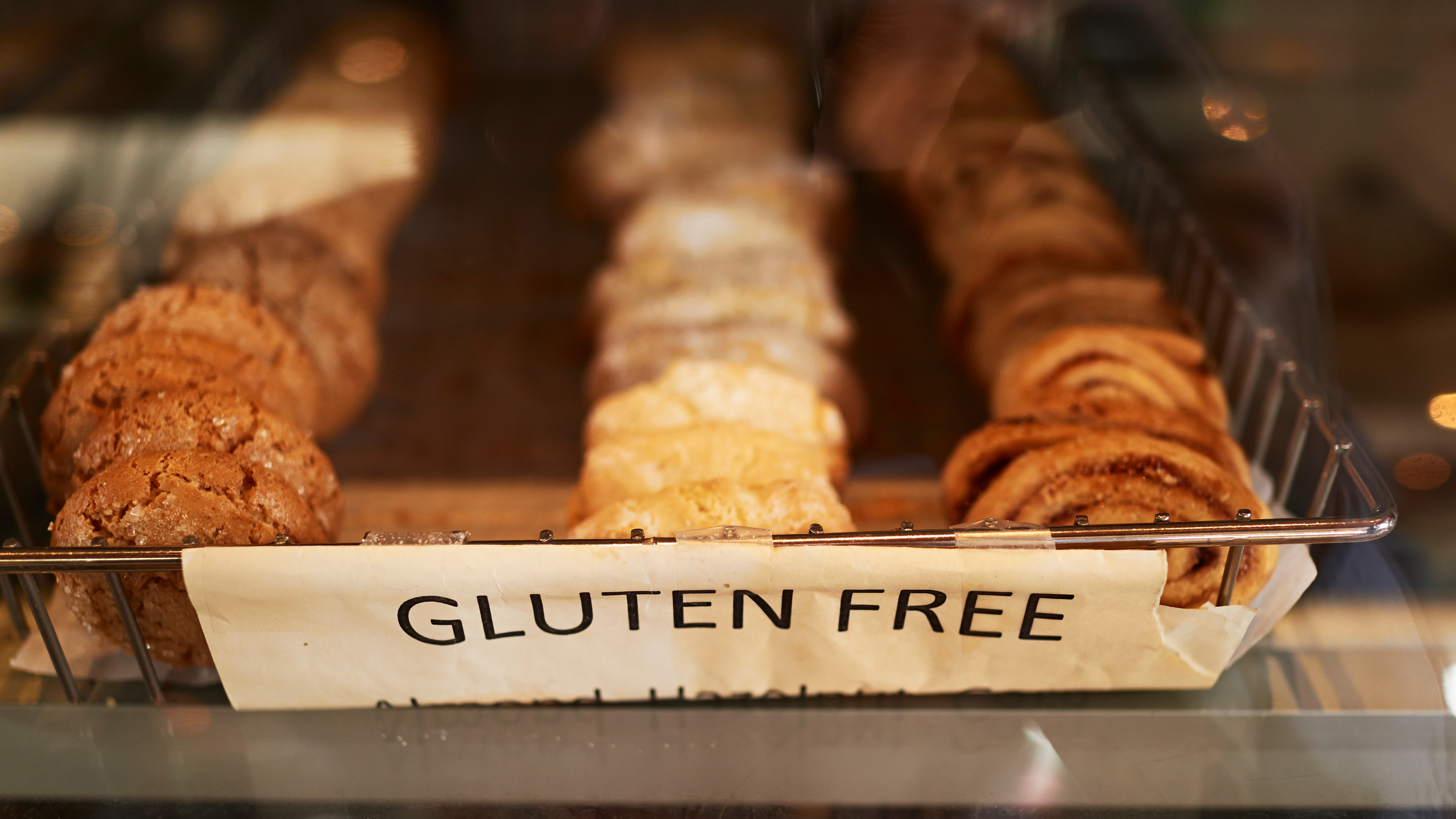Study: Many Gluten-Free Diets Contain Surprising Amounts Of Gluten
I'm the kind of idiot who believes what I read at the grocery store or bakery, rarely following up to find out how "sugar-free" something actually is, for example. I don't follow a gluten-free diet, but I'm sure I would be just as lackadaisical about it. Granted, I don't have celiac disease, a case in which it's vitally important for people to abstain from gluten. But according to The New York Post today, a study in the American Journal Of Clinical Nutrition discovered that "not only are most 'gluten-free' foods not actually gluten free, but the amount of gluten consumed by people on supposedly gluten-free diets can easily exceed the amount that would cause issues for someone who actually suffers from celiac disease."
The study found that "celiac disease patients adhering to a gluten-free diet are exposed frequently to low levels of gluten that contribute to symptoms and persistent intestinal histologic damage." While celiac patients aim to keep below 50 mg of gluten a day to avoid flareups, the American Council On Science And Health says that "The researchers estimate that typically, celiac disease patients consume up to 244 mg of gluten per day," or almost five times as much as they should be. ACOSH says that "This means that many people who think that they are maintaining a 100 percent gluten-free diet are, indeed, ingesting enough gluten to cause both intestinal damage and potential symptoms."
Because the study's "determination of gluten consumption was made by estimating how much gluten was eliminated from patients' diets," it's not clear if the high levels of gluten might partly be due to the subjects' possible trouble sticking to a gluten-free diet. But it also seems likely that some items are not in fact as "gluten-free" as its label or bakery sign say they are.
